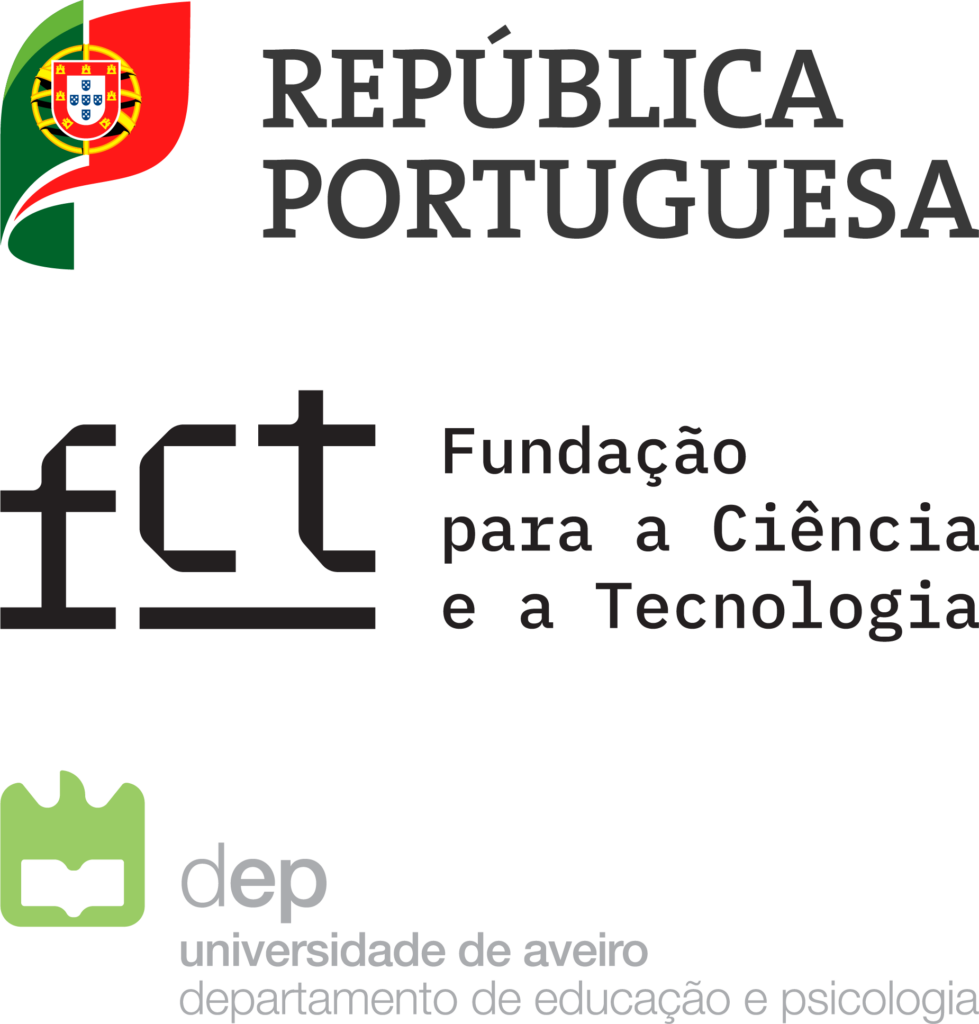
Entre 27 e 28 de abril, o investigador do CIDTFF, António Pedro Costa apresentará dois artigos no IEEE Symposium on Computer Applications & Industrial Electronics (ISCAIE 2019), a realizar-se em Kota Kinabalu, Malásia.
Os dois artigos intitulam-se “Systematic Literature Review with Support of Digital Tools” e “Network Data Analysis in Improving Pedagogical Supervision with software webQDA” e, como é sistema do simpósio, serão submetidos a possível inclusão na plataforma IEEE Xplore e a indexação SCOPUS.
Damos a conhecer os resumos das duas apresentações:
Systematic Literature Review with Support of Digital Tools
This study aims to identify and compare the digital tools used in Systematic Literature Review, type of review commonly used in Qualitative Research. For that, a Systematic Literature Review was carried out with the support of webQDA: Qualitative Data Analysis software. A search in the databases resulted in 745 articles. However, from the inclusion and eligibility criteria of the studies, 22 articles were selected for this research. The results are the 6 of specific digital tools and 3 of qualitative data analysis tools used in the development of Systematic Literature Review. Besides, the study also aimed to understand in which of the 9 steps, that constitute the systematic literature review, if these tools could be used.
Network Data Analysis in Improving Pedagogical Supervision with software webQDA
Qualitative research has increasingly complex research objects and thus the work of analysing and treating corpora data are increasingly more demanding for a single researcher. Therefore, the use of collaborative work among several researchers becomes more and more relevant. The Computer Assisted Qualitative Data Analysis Software (CAQDAS) solutions, namely the webQDA® software, have made this online collaboration easier. The problem of research is the perception of the practice of the collaborative process in content analysis with the help of CAQDAS (webQDA®) software. Three self-reflections were analysed and treated (three Narratives) by three master’s students of pedagogical supervision, who categorized 2301 observation narratives of classes in higher education. The content analysis was handled using webQDA® software. From the emerging categories, it was concluded that: a) time is a factor to be taken into account in the collaborative work, as it reduced the categorization time and b) it is possible to consolidate learning in the qualitative research. This work, despite having a great limitation – a very small sample – serves as a future pedagogical suggestion in order to improve Pedagogical Supervision classes, making them more fruitful, using the collaborative work of webQDA® software in order to increase, in a timely manner, the skills and competences of qualitative researchers in the students.




